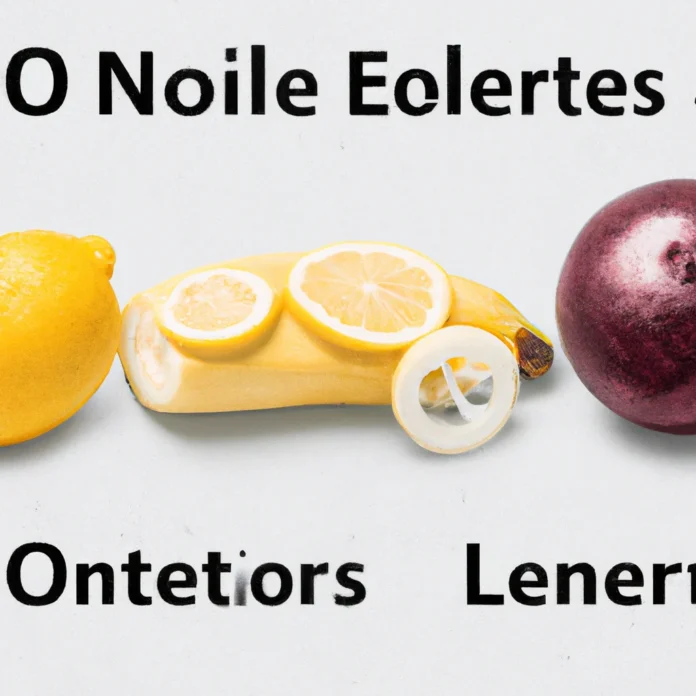The Science of Caloric Deficit: How Weight Loss Actually Works
In today’s world, the quest for effective weight loss strategies can often feel overwhelming. However, understanding the science of caloric deficit is the foundation of successful weight management. This comprehensive guide delves into the mechanisms behind weight loss, offering insights and practical advice to navigate this journey effectively.
Understanding Caloric Deficit
A caloric deficit occurs when the number of calories consumed is less than the number of calories expended. This fundamental principle is at the heart of weight loss. To achieve a caloric deficit, one must either reduce calorie intake, increase physical activity, or ideally, a combination of both. But why is this important?
The Role of Calories in the Body
Calories serve as the body’s energy currency. Every function, from breathing to exercising, requires energy. The body needs a certain amount of calories to maintain its basic functions, referred to as the Basal Metabolic Rate (BMR). This is the minimum energy required to keep the body functioning at rest. Factors influencing BMR include age, sex, weight, and muscle mass.
Calculating Your Caloric Needs
To effectively manage weight, it is essential to know your daily caloric needs. The Total Daily Energy Expenditure (TDEE) is a crucial metric that combines your BMR with your physical activity level. You can calculate your TDEE using various online calculators or by employing the following formula:
- For men: TDEE = BMR x Activity Level
- For women: TDEE = BMR x Activity Level
Once you determine your TDEE, subtracting 500-1000 calories from this number can lead to a safe weight loss of 1 to 2 pounds per week.
Creating a Sustainable Caloric Deficit
While the concept of caloric deficit is straightforward, creating a sustainable plan requires careful consideration of dietary choices and lifestyle modifications.
Dietary Adjustments for Weight Loss
To achieve a caloric deficit, one must focus on nutrient-dense foods that provide essential vitamins and minerals without excessive calories. Incorporating the following food groups can facilitate weight loss:
- Vegetables: High in fiber and low in calories, vegetables can fill you up without contributing significantly to your caloric intake.
- Fruits: Natural sugars found in fruits satisfy sweet cravings, providing energy and essential nutrients.
- Lean Proteins: Foods like chicken, turkey, legumes, and fish help maintain muscle mass while promoting satiety.
- Whole Grains: Opt for whole grains over refined grains to enhance fiber intake, aiding digestion and prolonging feeling full.
Physical Activity: The Key to Expanding Your Caloric Deficit
Incorporating regular exercise is vital for not only burning calories but also improving overall health. Various forms of physical activity can enhance your caloric deficit:
- Aerobic Exercise: Activities such as running, cycling, and swimming increase heart rate and calorie expenditure.
- Strength Training: Building muscle mass increases BMR, allowing the body to burn more calories at rest.
- High-Intensity Interval Training (HIIT): Short bursts of intense activity followed by rest periods can lead to significant calorie burn in a shorter amount of time.
The Psychological Aspect of Weight Loss
Understanding the mental and emotional components of weight loss is equally important. This journey can be challenging, requiring not just physical changes but also mental resilience. Here are strategies to stay motivated:
- Set Realistic Goals: Establish achievable and measurable short-term and long-term goals.
- Track Your Progress: Utilize apps or journals to record food intake and exercise, holding yourself accountable.
- Seek Support: Join weight loss groups or enlist friends and family to provide encouragement.
“Weight loss is not just about what you eat; it’s about how you live.”
This quote encapsulates the essence of weight loss. It is a holistic journey that intertwines diet, exercise, and lifestyle choices.
Common Misconceptions About Caloric Deficit
As with any topic, misinformation can cloud understanding. Here, we clarify some common myths surrounding caloric deficit:
- Myth 1: All calories are created equal. While caloric intake is vital, the source of those calories matters; nutrient-dense foods yield better health outcomes.
- Myth 2: You must starve yourself to lose weight. Sustainable weight loss involves eating enough to fuel your body while maintaining a caloric deficit.
- Myth 3: Exercise alone can compensate for poor dietary choices. While physical activity is essential, it cannot fully counteract a poor diet.
Long-term Maintenance of Weight Loss
Achieving weight loss is only part of the journey; maintaining that weight loss is often more challenging. Here are strategies to support long-term success:
- Continue Monitoring Your Intake: Maintaining awareness of your eating habits can help prevent weight regain.
- Stay Active: Regular physical activity should remain a lifestyle choice, not just a tool for weight loss.
- Adjust Caloric Needs: As weight changes, so do your caloric needs. Regularly reassess your TDEE and adjust accordingly.
Buy Myprotein Products for Effective Weight Management
To support your weight loss journey, consider integrating high-quality supplements into your routine. Myprotein offers a variety of products designed to complement your dietary needs and enhance your fitness performance.
Conclusion
Understanding the science of caloric deficit is crucial for anyone embarking on a weight loss journey. By focusing on a balanced diet, regular exercise, and maintaining a positive mindset, we can achieve our weight loss goals effectively. Remember, the journey to health is not just about the numbers on a scale but about creating a sustainable lifestyle. For more insights and tips, visit News Box for the latest in lifestyle and health articles.

